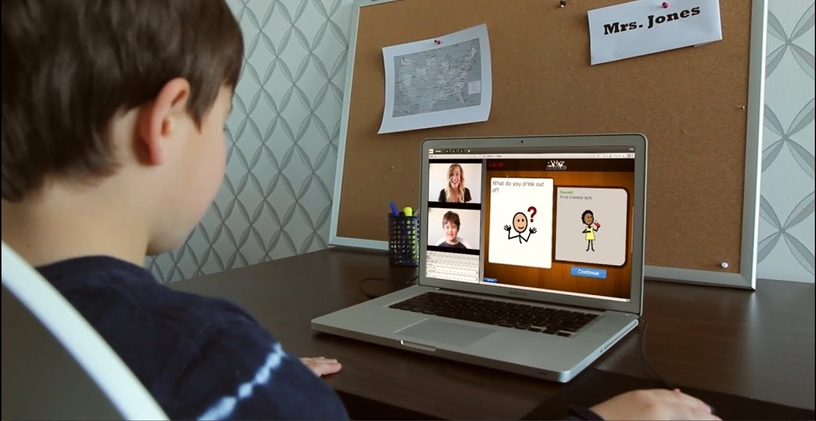Is Having a Sense of Belonging Important?

Having a sense of belonging is so important, considering the groups and labels we give ourselves and others. We are members of families, sporting teams, hobbyists, spiritual groups, charities, political parties, cities, countries and nationalities, to name a few. Nearly every aspect of our lives is organized around belonging to something.
The sense of belonging is fundamental to the way humankind organizes itself. If it was unimportant, we would live solitary lives only coming together for procreation then quickly kicking the children out of our lives as soon as they could walk. We would have no families, communities or organized government.
We cannot separate the importance of a sense of belonging from our physical and mental health. The social ties that accompany a sense of belonging are a protective factor helping manage stress. When we feel we have support and are not alone, we often cope more effectively with difficult times in our lives. Coping well with hardships decreases the physical and mental impact of these situations.
We begin life with the most crucial of needs: attachment to a caregiver. This is the beginning of our fundamental need for belonging. Studies have shown that children who have not achieved a healthy attachment in their young life have lower self-esteem, a more negative worldview, are mistrustful and can have a perception of rejection.
Depression, anxiety and suicide are common mental health conditions associated with lacking a sense of belonging. These conditions can lead to social behaviors that interfere with an individual’s ability to connect to others, creating a cycle of events which further weakens a sense of belonging.
Boost Your Sense of Belonging
So what can you do to increase the sense of belonging in your children and yourself? Try these tips:
- Make an effort: The most crucial ingredient to building a sense of belonging is effort. You cannot belong if you don’t choose to make the effort to engage with others. Put in effort to seek activities and groups of people with whom you share common interests. Encourage and support your children to get involved.
- Keep and teach an open mind: Try new activities, and meet new people. Consider new ways of thinking. Lead by example so your children can see how it works.
- Practice an attitude of acceptance: Recognize that others have different ways of being, which don’t have to change you. Focus on similarities rather than differences. Teach children to validate the feelings of others.
References
This article is written by Jennifer Wickham. You can find the original version of this article from here.







